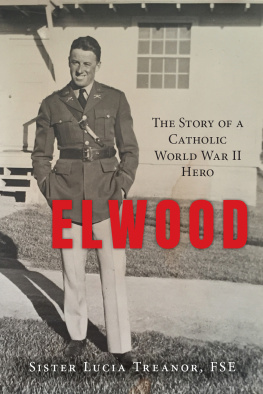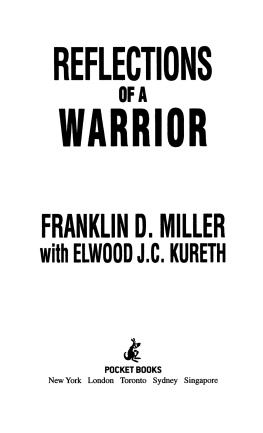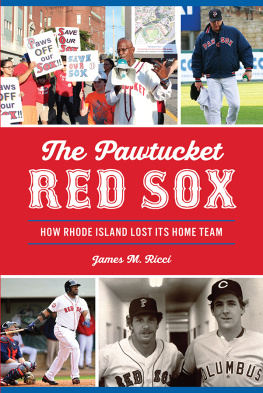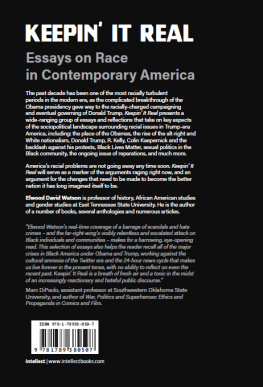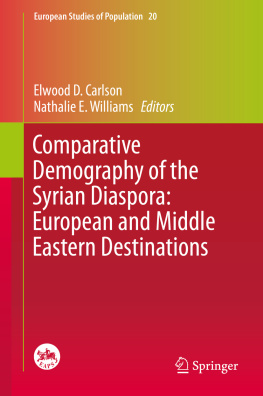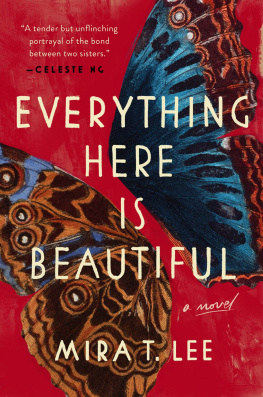Contents
Page List
Guide

Elwood
Elwood
The Story of a Catholic World War II Hero
Sister Lucia Treanor, FSE

Except where noted, the Scripture citations used in this work are taken from the Revised Standard Version of the Bible Second Catholic Edition (Ignatius Edition), copyright 1965, 1966, 2006 National Council of the Churches of Christ in the United States of America. Used by permission. All rights reserved.
Every reasonable effort has been made to determine copyright holders of excerpted materials and to secure permissions as needed. If any copyrighted materials have been inadvertently used in this work without proper credit being given in one form or another, please notify Our Sunday Visitor in writing so that future printings of this work may be corrected accordingly.
Copyright 2021 by Franciscan Sisters of the Eucharist
26 25 24 23 22 211 2 3 4 5 6 7 8 9
All rights reserved. With the exception of short excerpts for critical reviews, no part of this work may be reproduced or transmitted in any form or by any means whatsoever without permission from the publisher. For more information, visit: www.osv.com/permissions.
Our Sunday Visitor Publishing Division
Our Sunday Visitor, Inc.
200 Noll Plaza
Huntington, IN 46750
1-800-348-2440
ISBN: 978-1-68192-586-8 (Inventory No. T2454)
eISBN: 978-1-68192-587-5
1. BIOGRAPHY & AUTOBIOGRAPHYMilitary.
2. BIOGRAPHY & AUTOBIOGRAPHYReligious.
3. RELIGIONChristianityCatholic.
LCCN: 2021940234
Cover design: Tyler Ottinger
Cover art: Courtesy the Department of Defense POW/MIA Accounting Agency
Interior design: Lindsey Riesen
P RINTED IN THE U NITED S TATES OF A MERICA
This book is dedicated to my mom, who loved her cousin Elwood, to Charlie Casey, in gratitude for his assistance with the early years, and to all families who have lost a serviceman or servicewoman in the defense of freedom.
I wish I could tell you about the South Pacific. The way it actually was. The endless ocean. The infinite specks of coral we called islands. Coconut palms nodding gracefully toward the ocean. Reefs upon which waves broke into spray, and inner lagoons, lovely beyond description.
James A. Michener, Tales of the South Pacific
Contents
Foreword
After safely landing an Airbus A320 in New York Citys Hudson River on January 15, 2009, Captain Chesley Sullenberger, the US Airways pilot in command of the plane, which had lost its engines after hitting a flock of Canada geese, was called a hero by grateful passengers and television commentators.
No, he said. A hero is someone who willingly puts his own life in jeopardy for the good of others. We just did our job.
Captain Sullenbergers statement is both humble and profound. Despite the enormity of the feat that he and his copilot performed, they did not have to decide whether to risk their lives: the situation was thrust upon them. What they demonstrated was not heroic virtue but, rather, consummate skill.
The story of the sinking of the United States Army Transport President Coolidge offers an opportunity to applaud both the skill of Master Henry Nelson, who saved his troops, and the true heroism of Capt. Elwood Euart, US Army, who risked his life for others. Of interest to anyone who has contemplated the formation of what we call character, the story presents the people and events that helped to build the kind of interior strength that great authors have often portrayed.
We encounter this sort of strength in the Iliads Hector but not in Achilles; in Galahad of the Arthurian legends but not in Lancelot; in Duke Vincentio of Measure for Measure but not in his deputy; in the king of Brobdingnag but not in Gulliver; in David Copperfields Mr. Peggotty but not in Steerforth; in Sense and Sensibilitys Elinor Dashwood but not in Marianne; in Billy Budd but not in Claggart; and in the priest in A Farewell to Arms but not in Lieutenant Henry.
The particular virtue that Captain Euart displayed was fortitude, which is mental and emotional strength in the face of danger. In a discussion of another virtue, faith, St. John Henry Newman the nineteenth-century Anglican priest, poet, and theologian who later became a Roman Catholic cardinal gives an insight that seems useful here. In Sermon 10, he distinguishes faith from reason, pointing out that the former does not demand evidence so strong as is necessary for what is commonly considered a rational conviction; rather, it is mainly swayed by antecedent considerations. He observes that the mind that believes is acted upon by its own hopes, fears and existing opinions. This also seems to be true of the virtue of fortitude.
Absent previous moral struggles that have been reflected upon and overcome, it is difficult, perhaps even impossible, for a moment of danger, fear, or temptation to be met by virtue. That opportunity may slide by, or worse, overwhelm, even a good person.
What are these antecedent considerations then? Newman suggests hopes, fears, and existing opinions. The hero of our story experienced all three in radical situations that must have seemed unfair and terribly challenging at the time. He may not have met them with perfect grace, but it is clear that he learned from them, or he would not have been able to give the gift of himself so purposefully as to reveal an excess, a superabundance, of love for his men.
I have tried to shine a spotlight on a few of the events in his early life that would have tested his mettle and to introduce the family, friends, and soldiers who accompanied him on what is ultimately a spiritual journey.
Like many members of my family, I first learned Elwoods story when I was eight or nine years old. Born three months before he died, I am the daughter of his first cousin Lucy (Casey) McCaffrey. His sister Monica was my godmother, and his sister Eleanor later became my brother Toms good friend. I remember Mom explaining to me that Elwood had been lost at sea in the South Pacific.
How did he die, Mom? I asked.
Not by enemy fire.
What do you mean?
He was killed by our own American mines, friendly mines, explosives set in the sea to blow up the Japanese. Mystified, I persisted.
But how could that have happened?
It shouldnt have happened, she said grimly, and I can still feel the sorrow in her words. The death of a soldier, every soldier, is a family tragedy; but it is especially poignant when it happens by our own hand.
The story, as I have told it, is a dramatized biography. I have gathered as much information about Elwood as I could from relatives and friends, added research into the times and places where he lived, which I have documented in the endnotes and in the bibliography, and, failing a fact or two, dramatized what I believe would have been the event and persons involved. I found myself on my own only with the death of Adeline Belliotti, as my source was unclear about the details of the romantic rupture.
I am particularly indebted to three members of my family who remembered Elwood, two of whom have now died: his cousins Charles and Edward Casey and Roselyn Smith McCoy; to my sister, Maryann (McCaffrey) Knag, who helped with interviewing; to Paul Vallee, keeper of the memories; and to Walt Buteau for his fine reporting.

